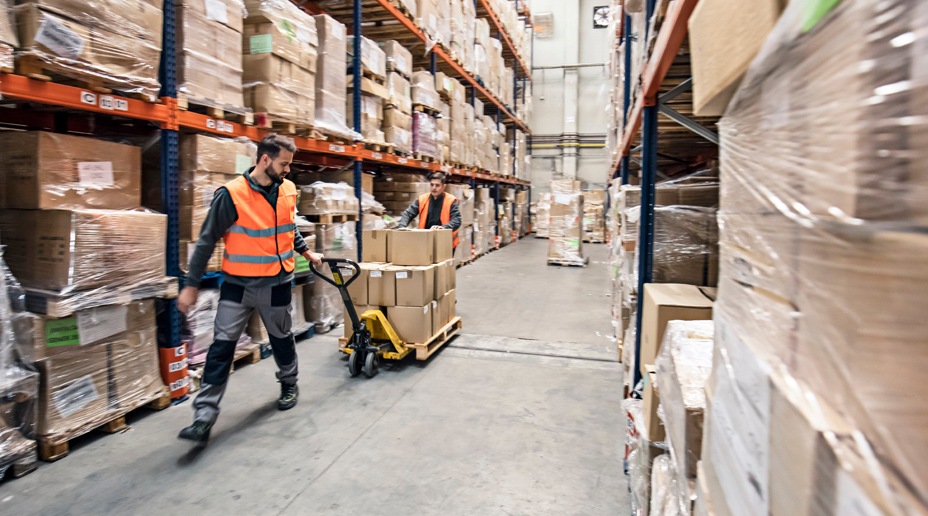We understand that there are many considerations for businesses who work with vehicles or are transitioning to an electric fleet. We’ve the expertise to support our customers through their electric vehicle journey.
Here you'll find the most important considerations detailed within our three sections, along with links to other relevant resources.









